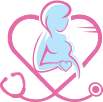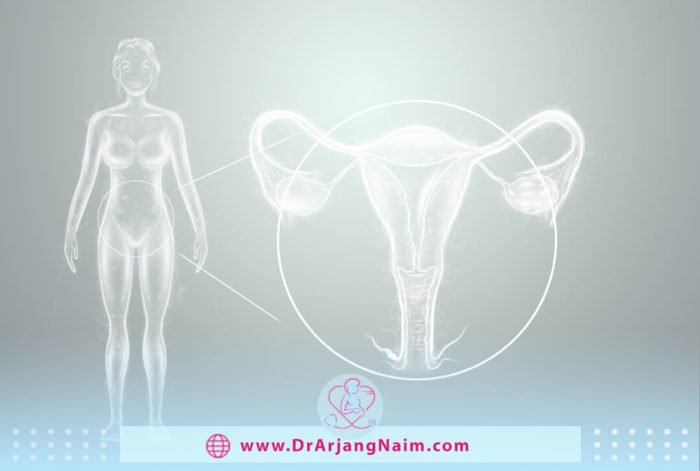Primary ovarian insufficiency (POI), also called premature ovarian failure, occurs when the ovaries stop working before 40. This condition often leads to infertility.
The ovaries are a pair of small, oval limbs in the lower abdomen. About every month, one of the ovaries releases an egg. The ovaries also produce the hormones estrogen and progesterone. These are involved in pregnancy, the menstrual cycle, and breast growth. In premature ovarian failure, the ovary does not produce normal amounts of the hormone estrogen or secrete an egg regularly.
Primary ovarian insufficiency is sometimes confused with premature menopause, although they are different. Women with primary ovarian failure may have irregular periods for years and may even become pregnant. But women who have premature menopause do not menstruate and have infertility. Restoring estrogen levels to normal in women with primary ovarian insufficiency helps prevent some of the complications of low estrogen levels, such as osteoporosis.
Ovarian insufficiency symptoms
Some women with premature ovarian failure are still menstruating and may even become pregnant. But many people with the disease have difficulty conceiving. The most common symptoms are missed or rare periods. Other symptoms can be similar to those of menopause and may include:
- Hot flashes
- Night sweats
- Trouble sleeping
- Vaginal dryness, which can make sex uncomfortable
- Anxiety, depression, or mood swings
- Concentration or memory problems
Causes of premature ovarian failure
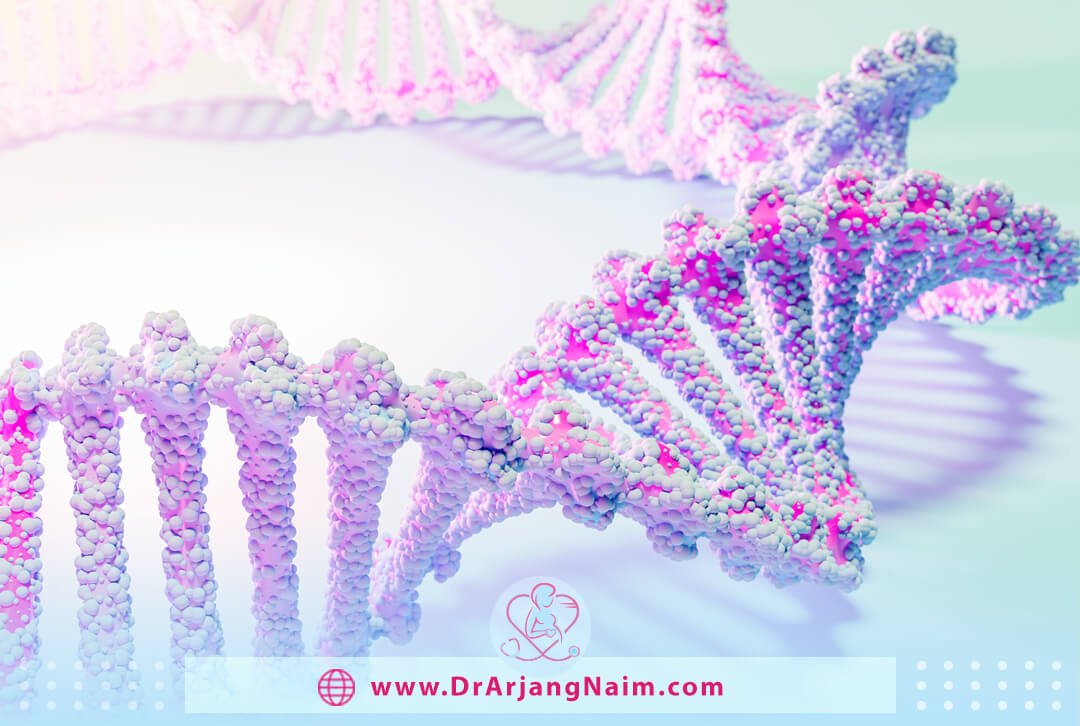
Premature ovarian failure may be caused by:
- Chromosomal defects: Some genetic disorders are associated with primary ovarian failure. These include Turner Mosaic Syndrome, in which a woman has only one normal X chromosome and one second altered X chromosome. Fragile X syndrome in which the X chromosome is fragile and broken.
- Toxins: Chemotherapy and radiation are major causes of toxin-induced ovarian failure. These treatments can damage the genetic material of cells. Other toxins, such as cigarette smoke, chemicals, pesticides, and viruses, may accelerate ovarian failure.
- Immune system response to ovarian tissue (autoimmune disease): In this rare case, the body’s immune system damages the egg-containing follicles by producing antibodies against the ovarian tissue. The immune response stimulation cause is unknown, but exposure to the virus is a possibility.
- Unknown factors: The cause of primary ovarian insufficiency is often unknown. The doctor may recommend more tests to find the cause, but in many cases, the cause is unknown.
Other possible factors include:
- Viral infections
- Eating disorders
- Thyroid disease
- Ovarian surgery
Risk factors
Some factors can increase the risk of premature ovarian failure in women.
Family history
Women who have a mother or sister with POI are more likely to get the disease.
Genes
Some changes in genes and genetic conditions put women at greater risk for Primary ovarian insufficiency.
Ovarian surgery
Ovarian surgeries increase the risk of primary ovarian failure.
Age
The risk increases between the ages of 35 and 40. Although rare before age 30, premature ovarian failure is possible in young women and adolescents.
Complications
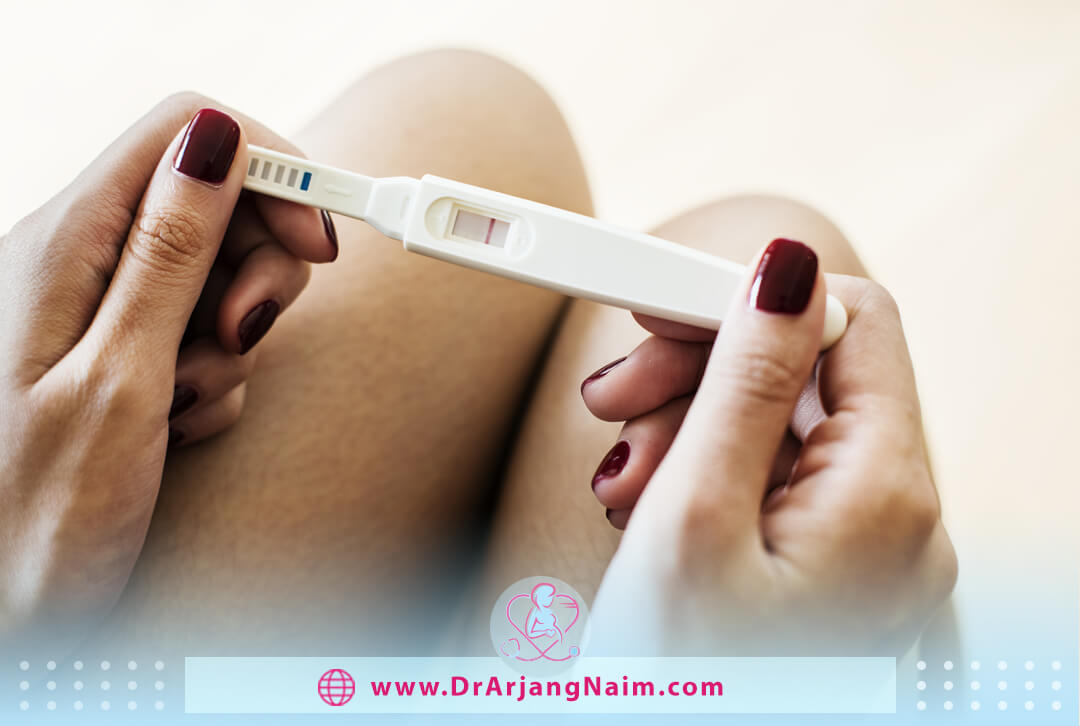
Complications of Primary ovarian insufficiency include:
- Infertility: Inability to conceive can be a complication of ovarian failure. In rare cases, pregnancy is possible until the eggs are depleted.
- Osteoporosis: Estrogen helps strengthen bones. Women with low estrogen levels are at risk for developing weak, brittle bones (osteoporosis) that are more likely to break than healthy bones.
- Depression or anxiety: The risk of infertility and other complications from low estrogen levels can cause depression or anxiety in some women.
- Heart disease: Early loss of estrogen may increase the risk of heart disease. Lower levels of estrogen can affect the arteries’ muscles and increase cholesterol accumulation in the arteries. These factors increase the risk of atherosclerosis
- Dry eye syndrome and eye surface disease: Some women with POIs have Dry eye syndrome or eye surface diseases that can cause discomfort and lead to blurred vision. If left untreated, this condition can cause permanent eye damage.
- Low thyroid function: This problem is also called hypothyroidism. The thyroid is a gland that produces hormones that control metabolism and energy levels. Low levels of thyroid hormones can affect metabolism, mental retardation, and other symptoms.
When to see a doctor
If you have not had a period for three months or more, see the doctor to determine the cause. There are many reasons for missing a period, Including pregnancy, stress, diet changes, or exercise habits. But it is better to evaluate your condition whenever the menstrual cycle changes. Even if you do not care if you do not have a period, it is best to see the doctor to find out what causes the change. Low estrogen levels can lead to bone destruction and increased risk of heart disease.
Ovarian insufficiency diagnosis
Most women have few symptoms of primary ovarian failure, but the doctor may suspect the condition if the patient has irregular periods. Diagnosis usually includes a physical exam, including a pelvic exam. The doctor will ask about the menstrual cycle, exposure to toxins such as chemotherapy or radiation, and history of ovarian surgery. The doctor will probably recommend one or more tests to check.
- Pregnancy: If a person is of childbearing age and has missed a period, a pregnancy test is done to check for an unexpected pregnancy.
- Hormone levels: the doctor may check the levels of a number of hormones in the blood, including follicle-stimulating hormone (FSH), a type of estrogen called estradiol, and a hormone that stimulates breast milk production (prolactin).
- Certain genes or genetic defects: the doctor may consider a karyotype test to look for chromosome abnormalities.
Ovarian insufficiency treatment
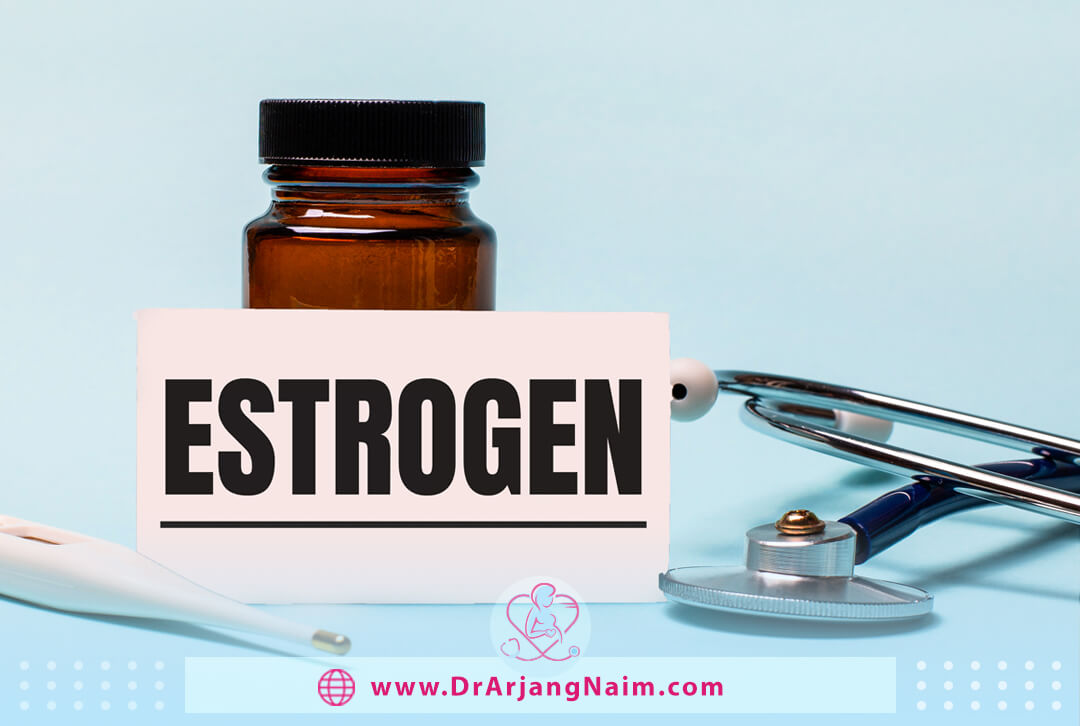
Treatment for primary ovarian failure usually focuses on problems caused by estrogen deficiency.
Estrogen therapy
Estrogen therapy can help relieve hot flashes, and prevent osteoporosis and other symptoms of estrogen deficiency. The doctor will usually prescribe estrogen with the hormone progesterone, especially if the patient still has a uterus. Adding progesterone protects the lining of the uterus against precancerous changes that may occur with estrogen alone.
A combination of hormones may cause menstruation, but it does not restore ovarian function. Depending on the patient’s health and preferences, hormone therapy may be continued until the age of 50 or 51. In older women, long-term treatment of estrogen with progesterone is associated with an increased risk of cardiovascular disease and breast cancer. But in young women with primary ovarian failure, the benefits of hormone therapy outweigh the potential risks.
Calcium and vitamin D supplements
Both nutrients are important in preventing osteoporosis, especially for people who are not exposed to enough sunlight. The doctor may recommend a bone density test before starting supplements.
For women 19 to 50 years old, experts generally recommend 1000 mg of calcium per day through food or supplements; for women 51 years and older, this amount increases to 1200 mg per day. The optimal daily dose of vitamin D is not yet known. A good starting point for adults is 600 to 800 international units (IU) per day through food or supplements. The doctor may suggest higher doses if blood vitamin D levels are low.
Infertility
There is no cure for infertility. A possible alternative to infertility treatment is that some women and their partners pursue pregnancy through in vitro fertilization using donated eggs. This involves removing the eggs from a donor and fertilizing them with a man’s sperm in the laboratory. The fertilized egg (embryo) is then placed in the uterus.
Complementary treatments
There are steps a woman can take to treat her POI symptoms and reduce her health risks. Some lifestyles and diets can reduce the symptoms of POI and the risk of complications. These steps include:
- Avoiding smoking and toxins: Cigarette smoke, pesticides, and some viruses may aggravate POIs. Quitting smoking and getting vaccinated against viruses, such as mumps, may help prevent further damage to the ovaries.
- Emotional support: A diagnosis of POI can alter pregnancy plans, resulting in significant distress and sadness. Online or offline support groups and counseling or treatment from someone with experience helping people with fertility concerns can help.
- Regular physical activity and a healthy body weight: Regular exercise and weight control can reduce the risk of osteoporosis and heart disease.
Primary ovarian insufficiency
Primary ovarian insufficiency is not a common cause of infertility, but it is not uncommon. The risk of Primary ovarian insufficiency increases with age:
- One in 1,000 women aged 15 to 29 is diagnosed with POI.
- 1 in 250 women 30 to 35 years old
- 1 in 100 women 35 to 40 years old
The bottom line
The ovaries of a healthy adult woman contain tens of thousands of follicles. There is one active egg in each follicle. Only a small percentage of these follicles mature, ovulate, and become an embryo. The follicles shrink over time.
Premature ovarian failure is ovarian dysfunction before the age of 40. Women with this complication have a higher risk of developing certain diseases, including osteoporosis, estrogen deficiency, and heart disease. Problems with premature ovarian failure can usually be treated well with hormone replacement therapy.
Premature ovarian failure is one of the possible causes of infertility in women. These women don’t ovulate regularly and are unlikely to conceive with their eggs. The most successful treatment option is IVF or an egg or embryo donor.
Arjang Naim MD examines the patient’s condition and performs a complete check-up to check for the possibility of Primary ovarian insufficiency and, if necessary, uses hormonal treatment to reduce symptoms. In people who want to have children, in the first stage, it is tried to check the possibility of female fertility according to the existing conditions, and if it is not possible to get pregnant with an egg, fertility methods should be used.
Additional questions
- How are ovaries affected by stress?
Psychological stress increases the production of cortisol, which causes lifestyle changes. These changes may directly or indirectly affect ovarian physiology.
- Can an ultrasound detect POI?
Transvaginal ultrasound examination can be effective in confirming the diagnosis of POI. An ultrasound examination often shows small ovaries with no signs of developing follicles for patients with premature ovarian failure.
- Can you have only one working ovary?
The single ovary is very common in infertile patients and can account for up to 17% of women with severe fallopian tube disease requiring in vitro fertilization (IVF) treatment.
- Is primary ovarian insufficiency hereditary?
In most cases, POI is classified as idiopathic. However, the age of menopause is an inherited trait and POI has a strong genetic component.
- What are signs of not ovulating?
A menstrual cycle that is too long, too short, irregular or absent can mean that you are not ovulating. There may be no other signs or symptoms.
References
https://www.verywellfamily.com/anovulation-and-ovulatory-dysfunction-1959926
https://medlineplus.gov/primaryovarianinsufficiency.html
https://www.webmd.com/menopause/premature-ovarian-failure
https://www.medicalnewstoday.com/articles/premature-ovarian-failure#causes
